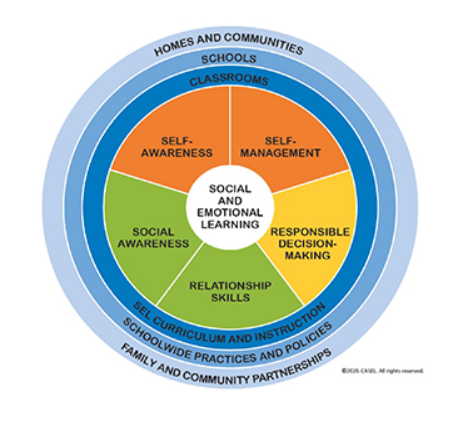USING CITIZEN SCIENCE TO SUPPORT SOCIAL AND EMOTIONAL LEARNING NEEDS DURING COVID-19 TO ENGAGE STUDENTS AND CAREGIVERS
Article by Peggy Harte M.ed. on Classroom Science
Link to the full article on Classroom Science
As teachers, students and caregivers transition from in-person instruction to distance learning, hybrid learning, or a blend of both, many are struggling with how to develop a classroom culture that engages and inspires students as they develop an emotional connection, all while attending to both their academic needs as well as social and emotional needs. With limited time in person (or virtually), many teachers are looking for ways to connect with students and make space for students to collaborate with one another. One possible answer – engage students of all ages in authentic, real world participatory science.
Youth-focused community and citizen science (YCCS) involves young people directly in the scientific production of knowledge. In YCCS, young people contribute to professional research, influence management and policy, and impact environmental conservation in their communities. Youth-focused community and citizen science (YCCS) engages students in real world authentic investigations while deepening their content knowledge and skills as well as increasing their capacity to tackle environmental and community problems. In addition to engagement with content standards, YCCS projects can also be used to make space for attending to the Social and Emotional Learning (SEL) of students.
According to the Collaborative For Academic, Social and Emotional Learning (CASEL) “Social and emotional learning (SEL) enhances students’ capacity to integrate skills, attitudes, and behaviors to deal effectively and ethically with daily tasks and challenges.”
YCCS projects can allow for lesson design that connects to content standards, makes space for collaboration and connection, and focuses on the SEL of students. When looked at YCCS projects through a Universal Design for Learning (UDL) lens, we see that inquiry based projects that connect to authentic science allows for multiple means of engagement with content, as well as representation of student learning.
By engaging in a YCCS project whereby students are able to make observations from their own home or nearby outdoor space, they are able to begin observing the interconnectedness of their environment, connecting those observations to a CCS project, and comparing their observations with one another.
From CASEL: The Collaborative for Academic, Social, and Emotional Learning (CASEL) is a trusted source for knowledge about high-quality, evidence-based social and emotional learning (SEL). CASEL supports educators and policy leaders and enhances the experiences and outcomes for all PreK-12 students. Their framework is based on years of research working with students and educators on developing SEL competencies.
From CASEL: The Collaborative for Academic, Social, and Emotional Learning (CASEL) is a trusted source for knowledge about high-quality, evidence-based social and emotional learning (SEL). CASEL supports educators and policy leaders and enhances the experiences and outcomes for all PreK-12 students. Their framework is based on years of research working with students and educators on developing SEL competencies.
The YCCS Framework is a research-based framework intended to help educators facilitate community and citizen science (CCS) activities in ways that support youth learning. CCS activities alone won’t necessarily promote meaningful science learning. Our case study research identified several Key Youth Practices which, when supported by Key Educator Practices, can create opportunities for consequential youth learning. More detail is available at yccs.ucdavis.edu.









